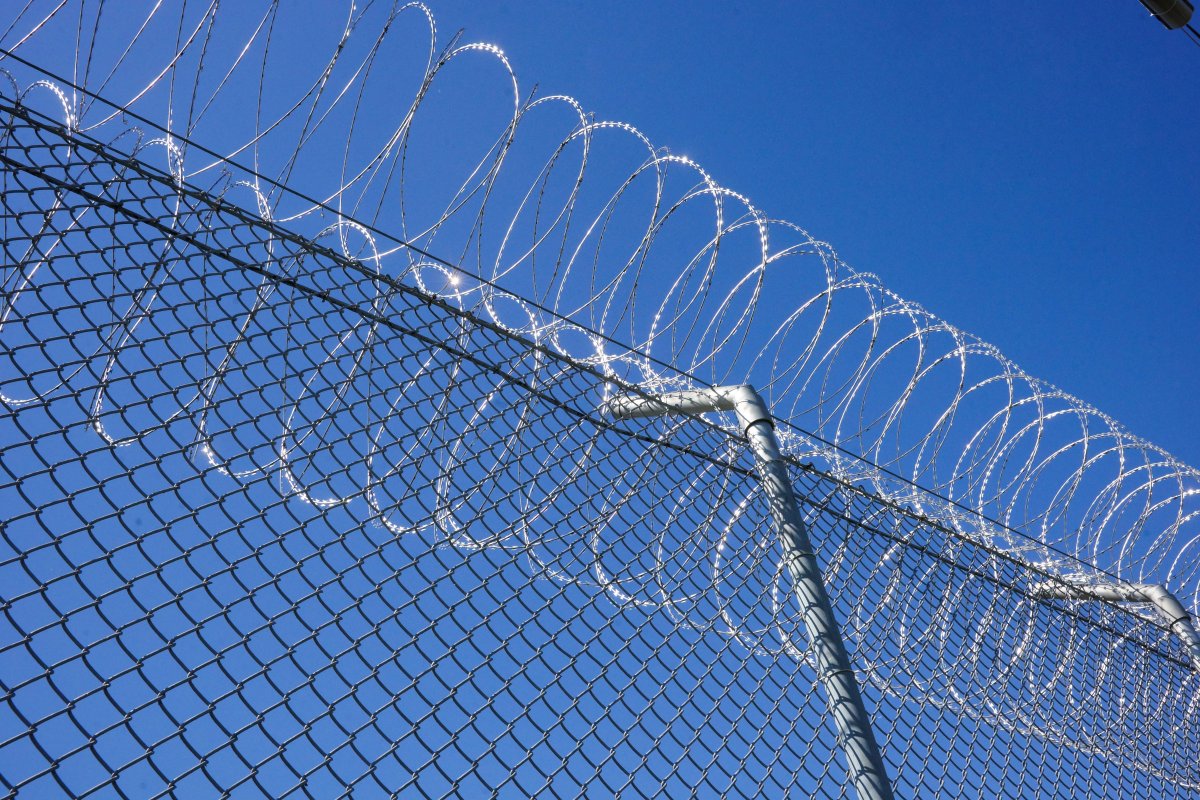A Somali immigration detainee who died last week in hospital in Peterborough, Ont. suffered from a range of medical and psychiatric problems, documents show.

Abdurahman Hassan, 39, died at the Peterborough Regional Health Centre early on June 11 after becoming ‘agitated’ and being restrained by two police officers, according to Ontario’s Special Investigations Unit, which is probing his death. No other information about his death has been released.
Hassan died on the third anniversary of his being taken into immigration detention, on June 11, 2012. Since that date, he had had been in the Ontario jail system, first the Don Jail and then the Central East Correctional Centre in Lindsay, Ont.
At his most recent detention hearing, on May 4, Ben Liston, Hassan’s lawyer, said that Hassan “ … experiences symptoms of psychosis and has been diagnosed with bipolar disorder.”
“He experiences paranoia, describes seeing visions of people speaking to him, has greatly varied appreciation of reality from one moment to the next, and frequently expresses … that he does not understand the process to which he is being subjected.”
Hassan’s medical issues also included asthma, insulin-dependent diabetes and high blood pressure, court documents show.
Because of his mental illness, Hassan was unable to understand a document he would have to sign to consent to his deportation to Somalia, Liston told the hearing.
“He does not understand what is being asked of him,” Liston said.
“He cannot properly make a solemn declaration … under oath about understanding and cooperating with removal to Somalia.”
At the May 11 detention review, Liston was trying to have Hassan transferred to the St. Lawrence Valley Correctional and Treatment Centre, a facility in Brockville, Ont. for mentally ill inmates.
The Peterborough hospital would not provide any information about Hassan’s death.
A former cellmate of Hassan’s, who asked not to be identified for fear of retaliation by the CBSA, said that Hassan’s sleep apnea made him difficult to share a cell with:
“Sometime he stopped breathing, so I had to wake him up 20 times a night,” the man, an immigration detainee at the Lindsay jail, told Global News. “I told him, ‘You’re supposed to be on a machine.’ He said, the doctors prescribed a machine for me, for people who have sleep apnea, but the jail said no because it’s maximum-security, they won’t give it to me.”
“Finally they moved him somewhere else.”
Ontario’s corrections ministry would not comment on Hassan’s death.
“It would be inappropriate to speculate on this case as it is currently under investigation by the SIU, Coroner’s Office and an internal Ministry investigation,” said spokesperson Brent Ross.
Hassan was in segregation for months at a time, the detainee said.
Hassan never mastered the art of keeping his head down in jail, the detainee remembered: “If he saw something wrong, he would say it right away — he didn’t care about that.”
“I didn’t see him in the range for two weeks before he died.“
Hassan immigrated to Canada from Somalia with his aunt in 1992, and was granted refugee status the following year.
In his early 20s, starting in 1999, Hassan committed a series of violent crimes which included assaulting his brother and mother, robbery, and, in a 2001 incident, threatening to burn his mother’s house down. At that time he threatened to kill responding police officers and kicked out the back window of their car.
He also had addictions to alcohol and crack cocaine, court documents show.
After finishing a sentence for aggravated sexual assault, he was ordered deported, and held as a flight risk.
Earlier this week, University of Toronto researchers released a report harshly criticizing the treatment of immigration detainees with mental illness, calling mental health support and treatment in provincial jails “woefully inadequate.”
“Once a detainee finds him or herself in provincial jail, they fall into a legal black hole where neither CBSA nor the provincial jail has clear authority over their conditions of confinement. This is especially problematic since, in Ontario at least, there is no regular, independent monitoring of provincial jails that house immigration detainees,” wrote the report’s authors, Hanna Gros and Paloma van Groll.
READ MORE: Sick, traumatized, jailed indefinitely: Canada’s immigration detention violates rights, report says




Comments